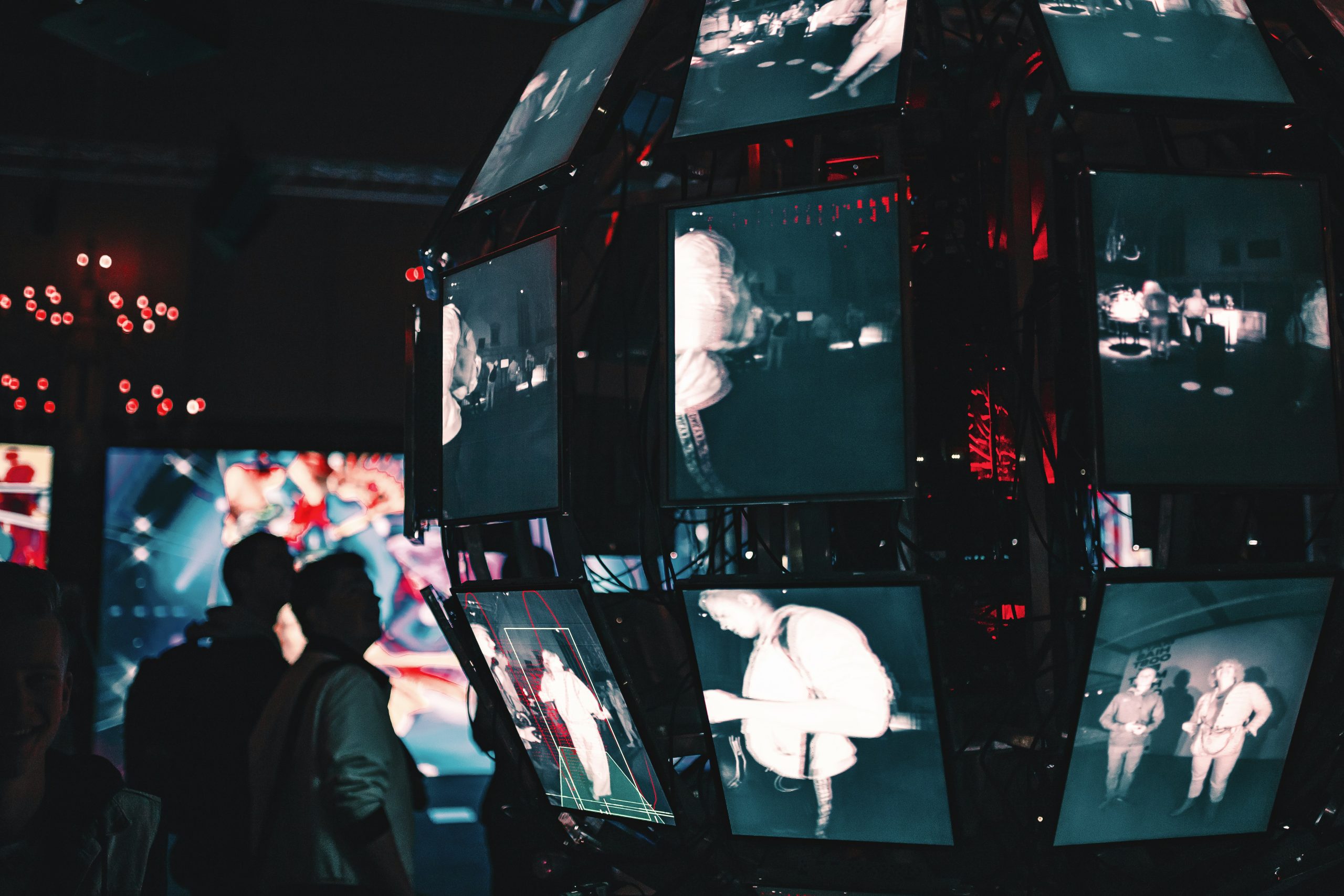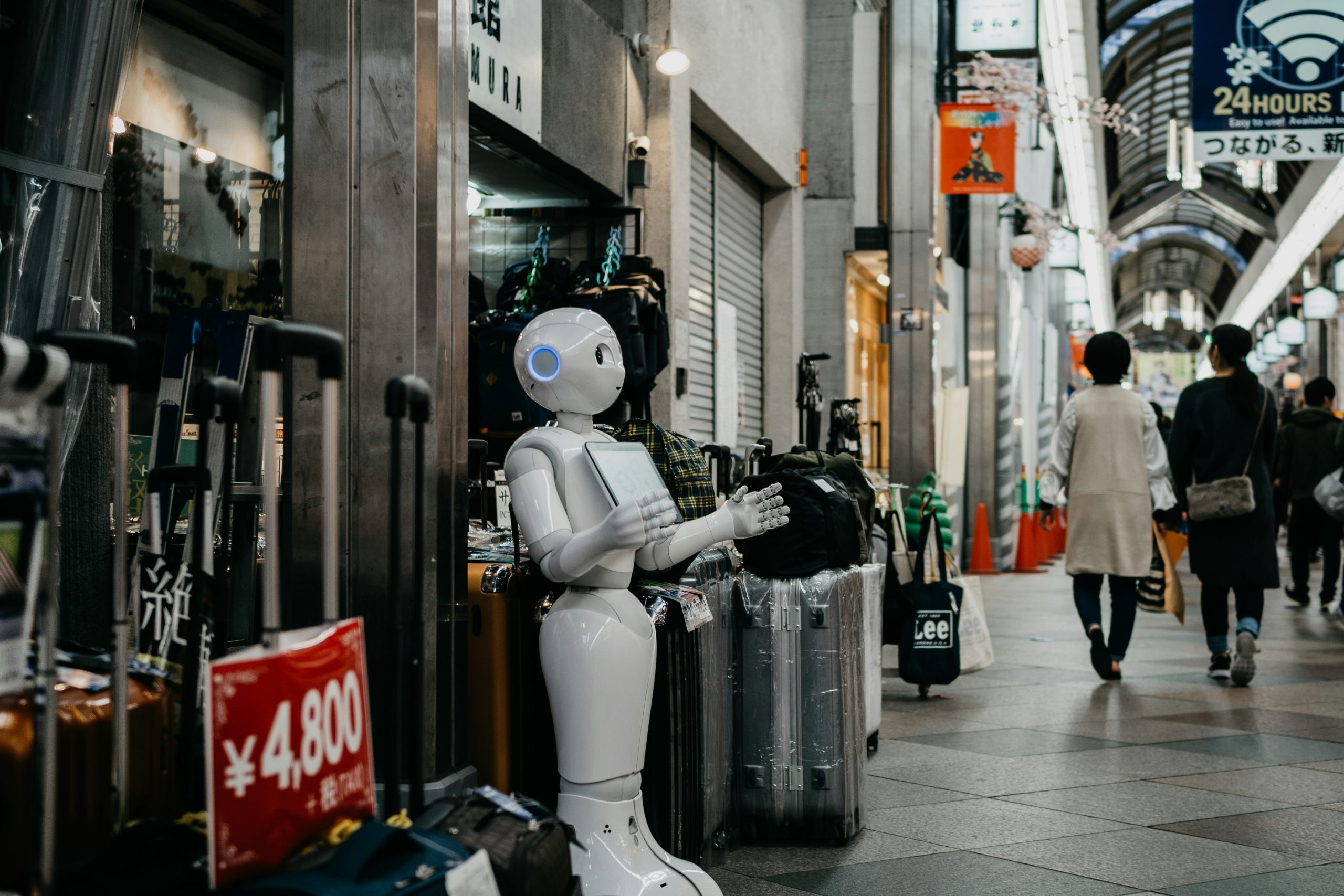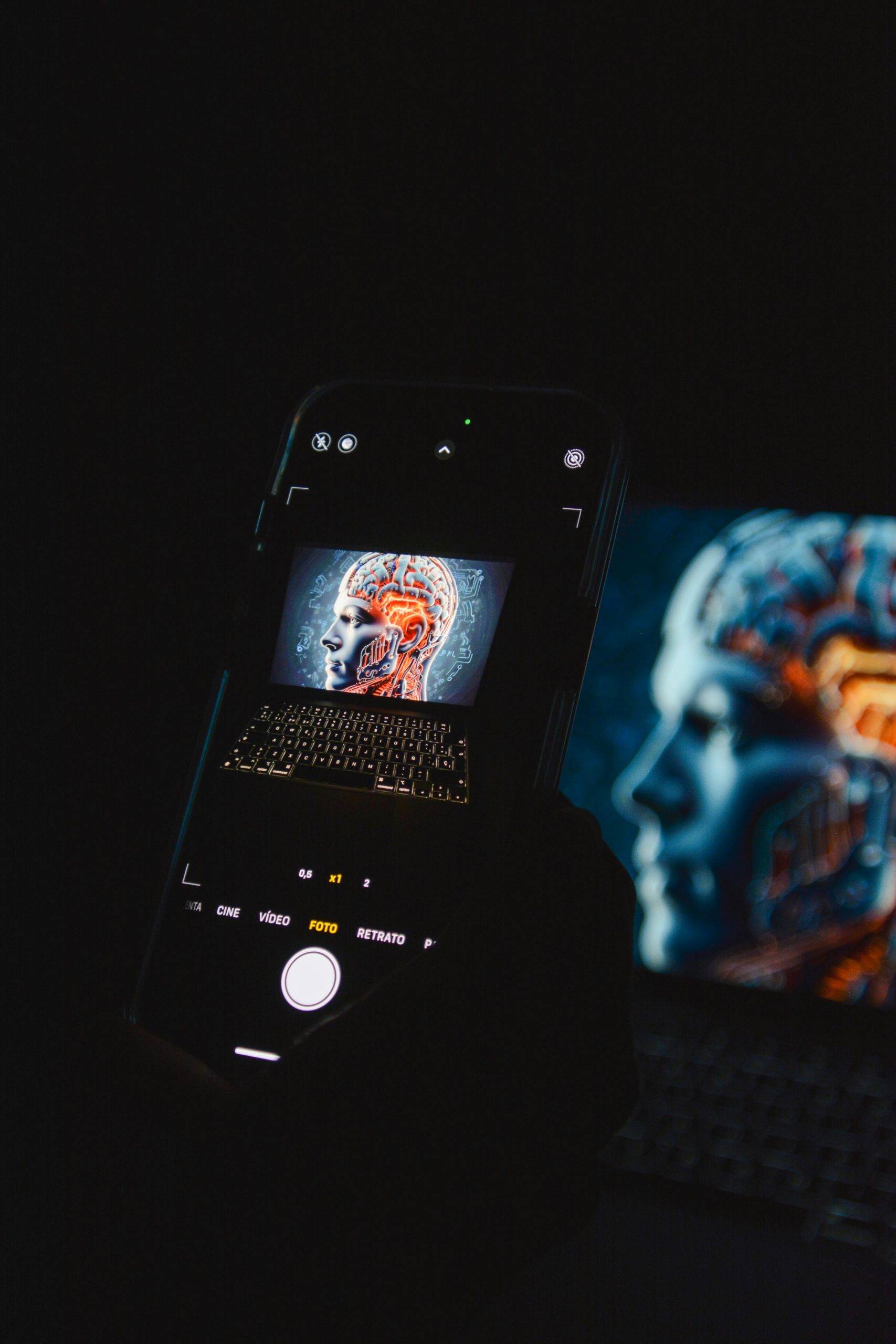In a bold proclamation that has sent ripples through the tech community, Sam Altman, the CEO of OpenAI, declared that “ChatGPT Is Already More Powerful Than Any Human.” This statement not only underscores the rapid advancements in artificial intelligence but also raises profound questions about the future of human – machine interaction and the role of AI in various aspects of our lives.
ChatGPT, developed by OpenAI, is an AI language model that has demonstrated remarkable capabilities in natural language processing. It can generate human – like text, answer complex questions, and even engage in meaningful conversations. Its power lies in its ability to process and analyze vast amounts of data, enabling it to provide accurate and detailed responses in a matter of seconds.
One of the key areas where ChatGPT outshines humans is in its knowledge base. Unlike humans, who have limited memory and access to information, ChatGPT can draw on a virtually infinite amount of data. It can recall historical events, scientific facts, and cultural references with ease, making it a valuable resource for research and learning. For example, students can use ChatGPT to get instant answers to their academic queries, and professionals can rely on it for industry – specific information.
Another aspect where ChatGPT shows its superiority is in its speed and efficiency. Humans often take time to think, organize their thoughts, and express them clearly. ChatGPT, on the other hand, can generate responses almost instantaneously. This makes it highly useful in scenarios where quick decision – making is required, such as in customer service or emergency response situations. For instance, a chatbot powered by ChatGPT can handle multiple customer inquiries simultaneously, providing prompt and accurate solutions.
However, it’s important to note that while ChatGPT may be more powerful in certain respects, it lacks the human touch. Human beings have emotions, empathy, and creativity, which are essential in many areas of life. For example, in the arts, literature, and social work, the ability to understand and connect with others on an emotional level is crucial. ChatGPT, despite its advanced capabilities, cannot replicate these human qualities.
The statement by Sam Altman also brings to the forefront the ethical and societal implications of AI. As AI becomes more powerful, there is a need for proper regulation and governance. Issues such as job displacement, privacy, and bias in AI algorithms need to be addressed. For example, if AI systems are used to make decisions about hiring or lending, there is a risk of discrimination if the algorithms are not designed and tested properly.
In conclusion, the claim that ChatGPT is more powerful than any human is a testament to the incredible progress made in AI technology. While it offers numerous benefits and has the potential to revolutionize many industries, it also poses challenges that need to be carefully considered. As we continue to develop and integrate AI into our lives, it is essential to strike a balance between leveraging its power and preserving the unique qualities that make us human.
This Article Was Generated By AI.




